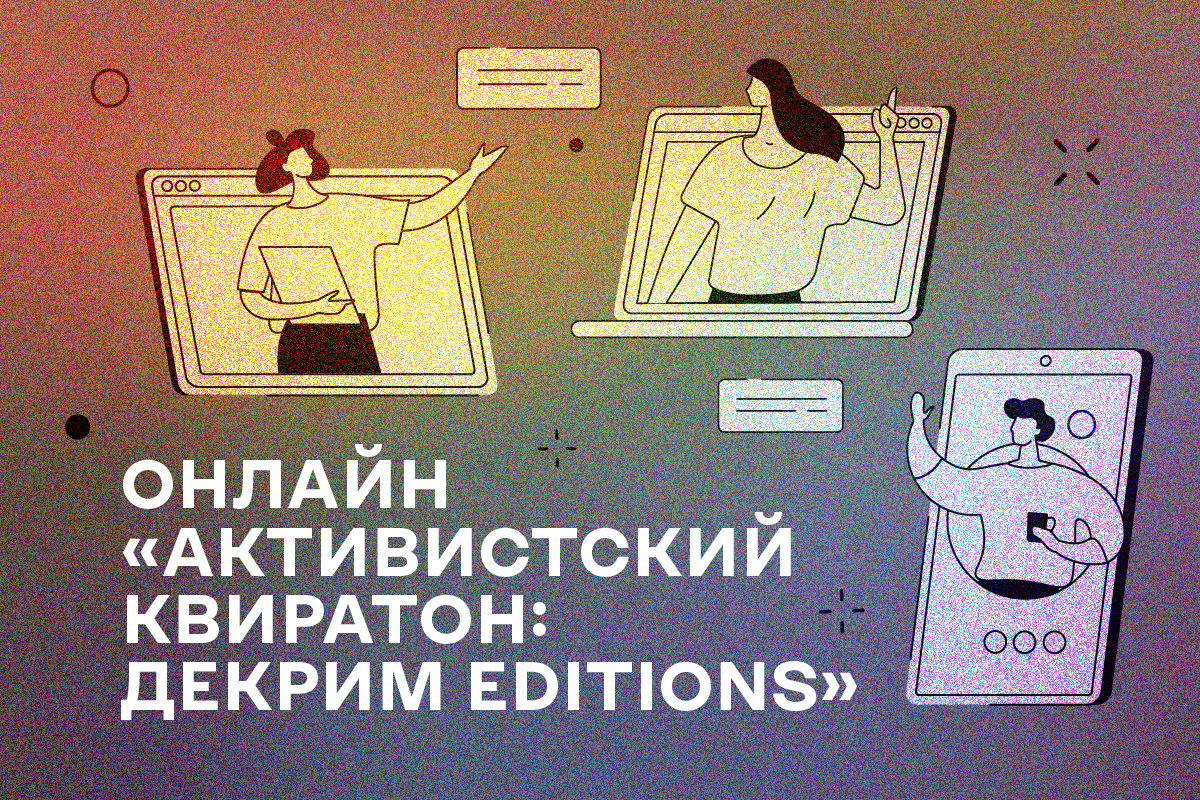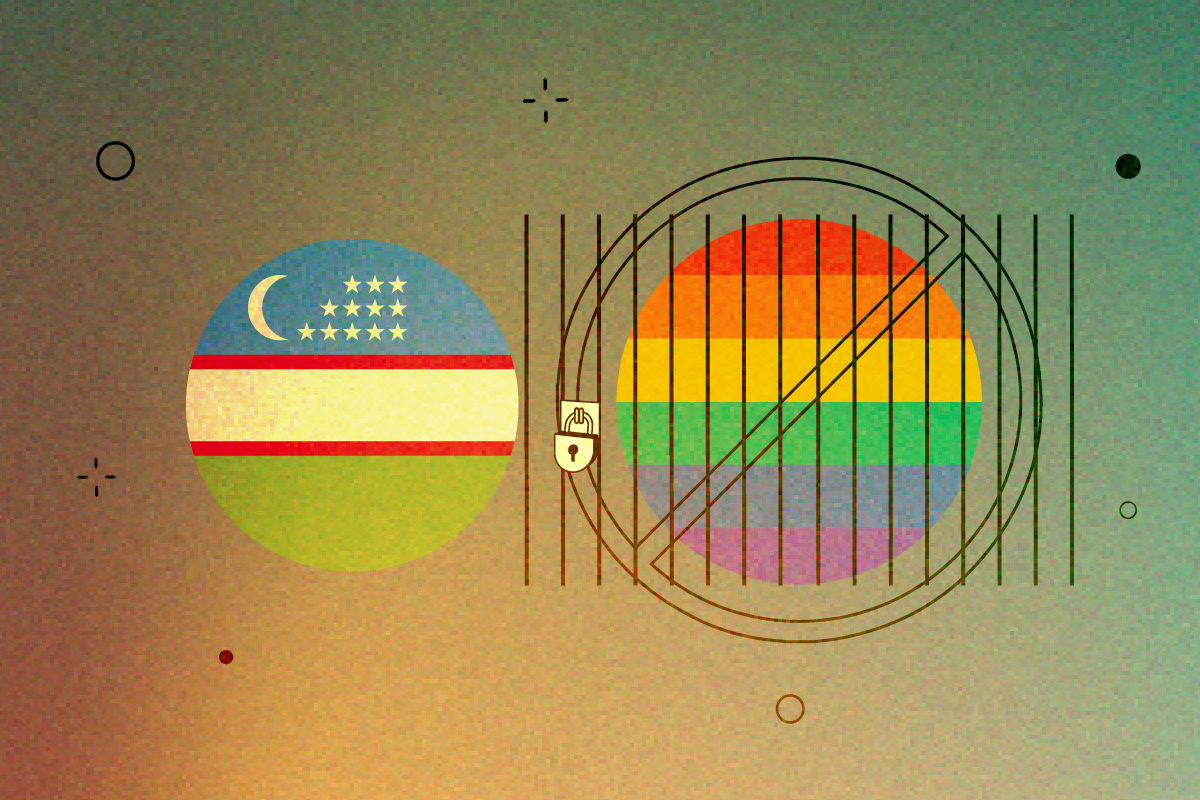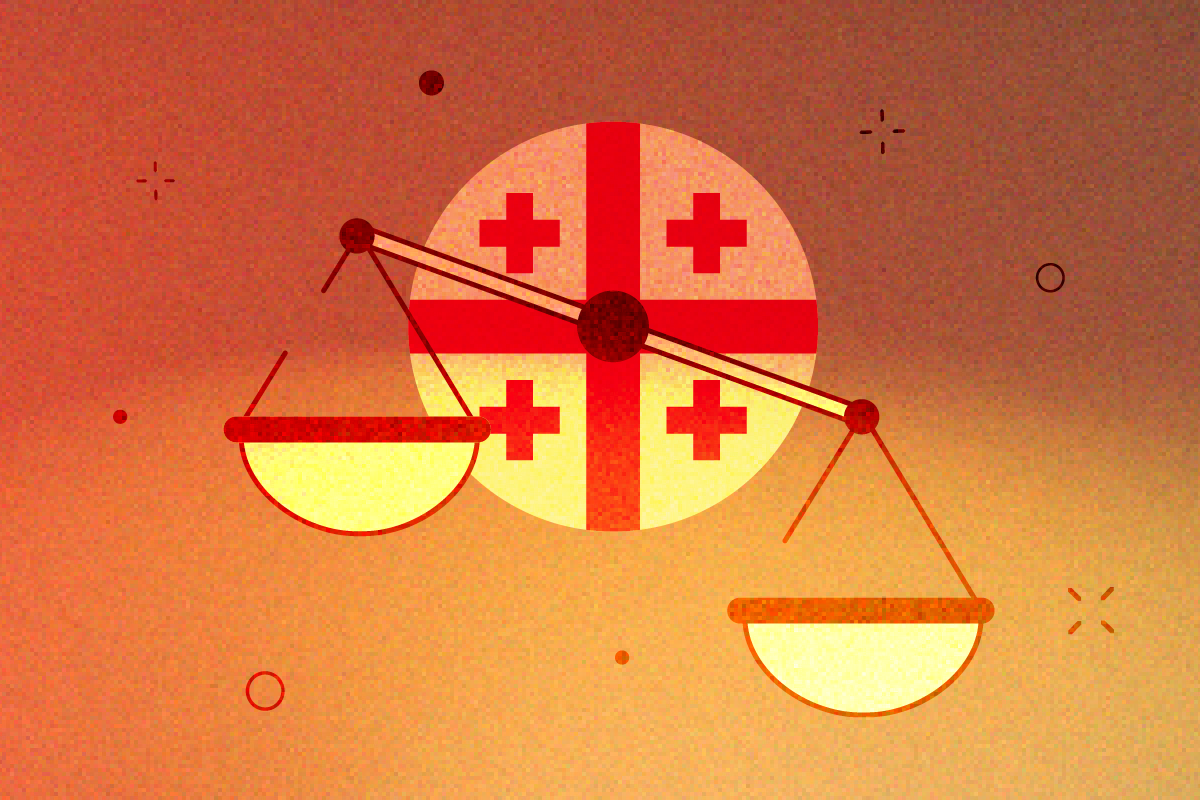March 31 is International Transgender Day of Visibility, and on this day we should all reflect and give a voice to people whose lives are made more difficult by intolerance and rejection by society.
This year we want to talk about trans people in the region of Eastern Europe and Central Asia, whose lives have changed in 2022. Today we are presenting the first episode of the documentary “Transition” (video with English subtitles), which shows the impact of the war in Ukraine on the lives of members of the trans community throughout the region. In the first episode, we will discuss the impact of the war on trans people from Ukraine.
The war initiated by Russia has not only affected trans people from Ukraine and Russia. All countries of the EECA region have felt its impact due to the migration and political changes taking place.
In the summer of 2022, Trans people working group informed ECOM of their idea to tell the general public about what is happening now. After all, on February 24, 2022, the largest war in Europe since World War II began. And if everyone is talking about the war, then no one is talking about trans people and the impact of this war on them:
“We developed a film where we showed the war through the eyes of the trans community, with its fears, anxieties, and experiences”, says Anzhelika, Trans people working group member, Belarus.
This five-episode film is the voice of trans people whose lives have been changed by the war.
The title of the film, “Transition”, is both a reference to trans transition, and to the physical crossing of the border of countries, and how people moved from one phase of life, where they knew everything and lived in comfortable conditions, to another, unknown to them before. After all, many of them had to abruptly change their place of residence and leave not only their home, but also their former, well-established life, relatives and friends.
For more than six months, ECOM staff and Trans people working group have been working on developing the film. Filming took place in different formats, from interviews on Zoom to personal meetings. Emotions were running high during filming, as filming began only six months after the start of the full-scale invasion:
“I quickly agreed to an interview, because it was important for me to share how the war affected transgender migrants in Russia.
The process of filming was psychologically very difficult for me. Unfortunately, due to the fact that I live in Russia, I have to think about my safety all the time, and I was not able to fully reflect all my thoughts and emotions in the interview.
Every time, I had to choose "safe" words, and not call things by their proper names. And this was quite unpleasant”, says Diana, Trans people working group member, Kyrgyzstan-Russia.
Daniyar Orsekov, who is one of the masterminds behind the creation of this film, was ECOM’s Advocacy Coordinator at the time of filming, and worked closely with the Trans people working group. He emphasizes the importance of documenting events from the perspective of the trans community in order to record this history:
“Here and now a historical event is taking place, and if queer people are generally erased from history or have a negative historical status, then my idea was to give trans people voices with which they themselves will tell about what is happening in the region, in their countries, and to them. This way, we ourselves can capture and archive history so that it reflects reality and our place in it.
In addition, with the film, our idea was to provide a neutral report of what is taking place. We wanted to show that war never remains within the country where it was unleashed. Rather, it spreads in waves, and results in global changes to the economy, socio-cultural spheres, and people's mental health.
I don't know if there are analogues to our film, because we literally show trans people in real time in the context of a historical event that will leave an imprint on all of us for many years. And I really hope that the war will end as soon as possible, and that people will make conclusions aimed at preserving human lives and dignity”, says Daniyar Orsekov.
Ukrainian journalist Katerina Maiboroda directed ECOM’s documentary film “Transition”.
“When I was offered to take on the development of this film, I was delighted and anxious at the same time. It was interesting for me to explore how the war in my country and its consequences affect the lives of people in EECA countries. And this is always best seen through the lives of people from vulnerable groups. And thanks to trans people, we saw this. There is no area that the war has not penetrated: from the economy to the sense of gender roles and a rethinking of basic beliefs.
Globally, the film is about how we are all really closely connected. About how people's ideas about gender change lives. And, of course, about how Russia's war against Ukraine destroys peoples’ lives, even those who do not wake up to the sound of explosions”.
In total, ECOM developed 5 episodes of this film. In the next four episodes you will see the stories of people from Georgia, Armenia, Moldova, Uzbekistan, Kazakhstan, Belarus and Russia. You can watch the rest of the film’s episodes on our YouTube channel. We will announce their release on our Facebook page.






Комментарии
Пока никто не оставил комментарий